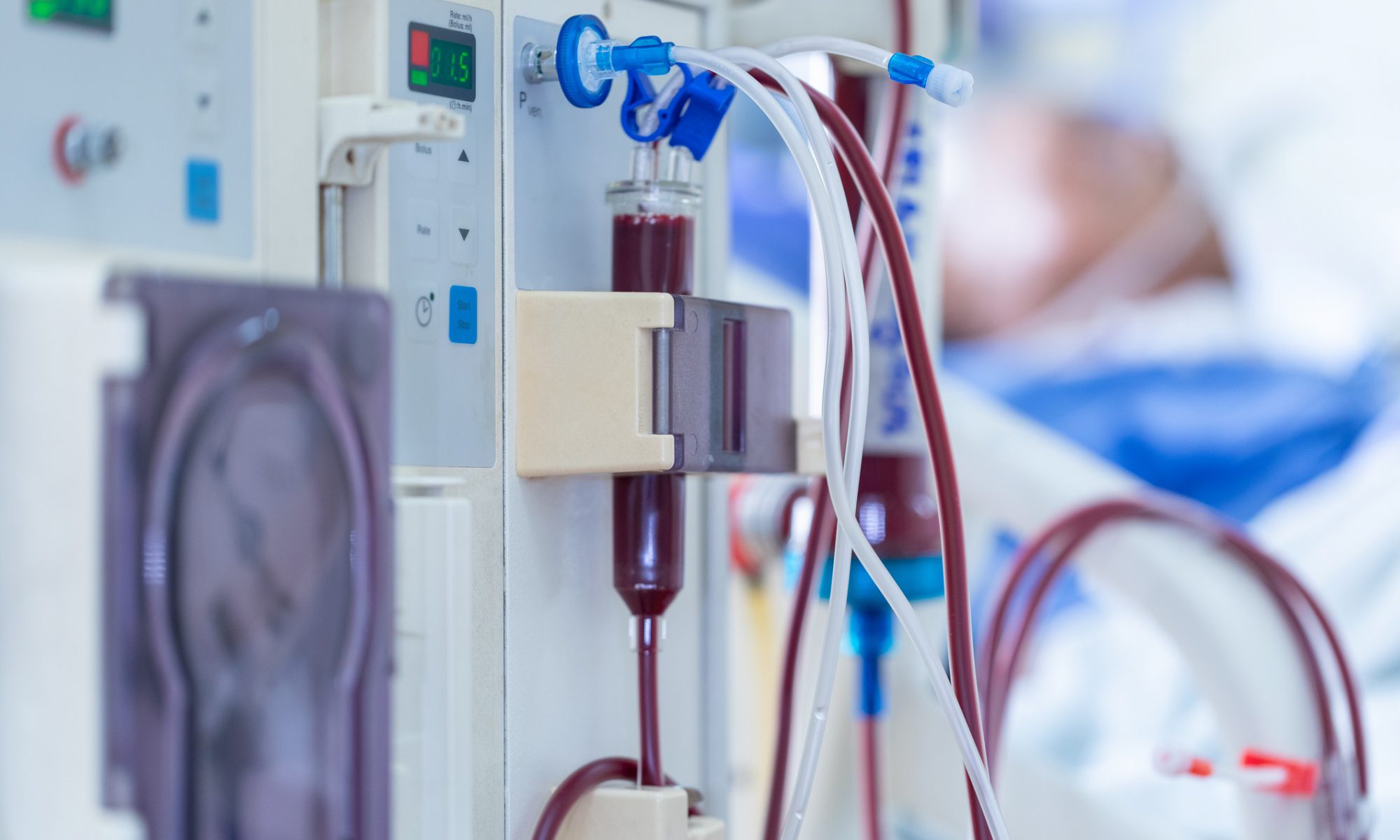Adults with coronary heart disease who followed a Mediterranean diet preserved their kidney function better than those who followed a low-fat diet for 5 years, according to study data published in Clinical Nutrition.
“In persons suffering from coronary heart disease and, in combination with type 2 diabetes, the long-term consumption of a Mediterranean diet would be recommended to preserve kidney function,” Jose LopezMiranda, MD, PhD, professor of internal medicine at the University of Cordoba and director of the internal medicine unit at Reina Sofia University Hospital in Spain, and Elena M. Yubero-Serrano, PhD, emerging researcher at the Maimonides Biomedical Research Institute of Cordoba, told Healio. “Besides the pharmacological treatment for these diseases, recommendation to follow this dietary model could reduce and delay kidney complications.” Read more.










